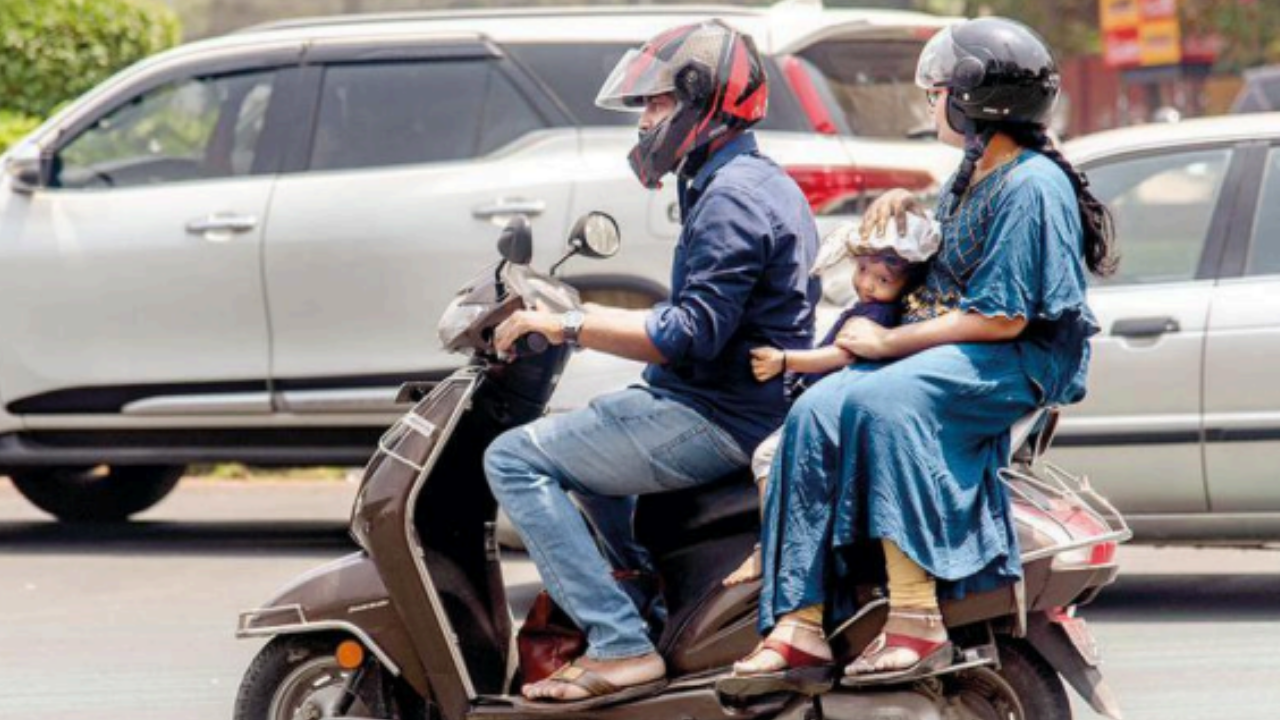
HYDERABAD: Temperatures are soaring in Telangana, with parts of it already touching 40 degree Celsius. This is also one of the leading causes of intense heat waves, and subsequent heat illnesses among the children and elderly.
Heat injury cases — second level of heat-related illnesses — are being recorded in the city. Children and elderly fall in the vulnerable category of people and are prone to quick impact of excessive heat. Individual pediatricians report seeing at least one child everyday with symptoms of severe headache, vomiting and dizziness.At the state run Niloufer hospital, nearly 3 to 4 children with such symptoms are being seen daily over the last few days, while the Osmania General Hospital’s casualty department has seen 6 walkins in the last one week.
“We have seen 12 cases of kids and a few elderly people in the last one week. Although not many cases were reported, patients in most of the cases reported that they had exposed in the direct scorching sun for over an hour or two. Since people have remained indoors in the last two years, exposure is having a quick impact,” said the medical officer from a primary health centre in the central part of the city.
Heat injury can be anything from heat cramps to weakness and dizziness to severe headache, nausea and vomiting to body temperature rising to 104 to 106 degrees Fahrenheit and the child becoming disoriented and losing consciousness.
The biggest problem asso- ciated with heat is dehydration that can even be fatal when unattended in time. “Dehydration can occur due to sunstroke when excess of body fluid is lost due to sun’s heat, diarrhoea or extensive workouts in hot sun. Excessive dehydration this can lead to kidney failure and also some times causes death. Drinking three to four litres of water is recommended,” said Dr G Navodaya consultant general medicine, Care hospitals.
The state health department has meanwhile sounded an alert on need for staying indoors during peak afternoon hours.
The most vulnerable age groups are infants, children, pregnant women and old age people, said health care officials.







